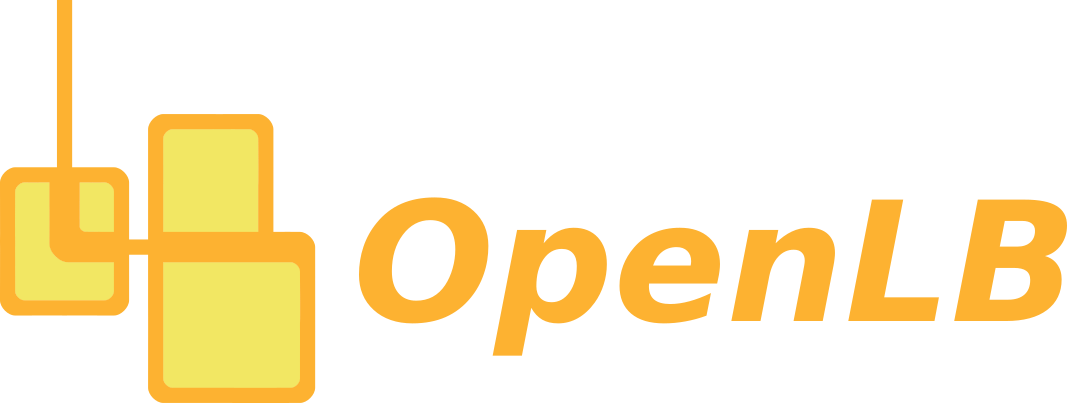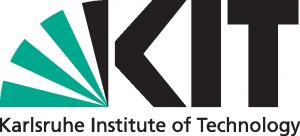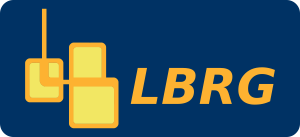8th Spring School
Lattice Boltzmann Methods
with OpenLB Software Lab
19. – 23. May 2025
Marseille, France

Executive committee
- Pierre Boivin (M2P2/CNRS),
- Julien Favier (M2P2/AMU),
- Denis Ricot (CS group),
- Shota Ito (LBRG/KIT),
- Mathias J. Krause (LBRG/KIT),
- Stephan Simonis (LBRG/KIT)
Host organization
- M2P2 Aix Marseille Université,
- CNRS, Centrale Méditerranée
Venue
Centre International De Rencontres
Mathématique (CIRM), Marseille
The field of Lattice Boltzmann Method
Lattice Boltzmann Methods (LBM) are an established numerical technique for Computational Fluid Dynamics (CFD) and beyond. The simulation of complex multi-physics benefits strongly from the mesoscopic modelling of LBM and positions it next to traditional numerical methods. The rapid development in LBM – also driven by the emergence of massive parallel computing infrastructure – enables engineers to solve relevant problems for academia as well as for industry.
Target audience
The expected attendees are developers and researchers, from industry and academia interested to learn theoretical and practical aspects of LBM. The spring school addresses e.g. engineers, computer scientists, mathematicians and physicists as well as Master and PhD students. The course level is either beginners (Option B) or advanced (Option A). Based on the interest in CFD, this course provides a collaborative platform for LBM, both for developers and researchers.
Objective of the spring school
The spring school introduces researchers and users from industry to the theory of LBM and trains them on practical problems. Option B: the first half of the week is dedicated to theoretical fundamentals up to ongoing research on selected topics in kinetic theory, scientific computing, LBM, and Partial Differential Equations (PDE). Followed by mentored training on case studies using OpenLB in the second half of the week. Emphasis is placed on the modelling and simulation of particulate, multi-component, and turbulent fluid flows. Option A: Advanced OpenLB users and developers are enabled to solve their own application problems and implement their own solution approaches.
This educational concept is probably unique in the LBM community and offers a comprehensive and personal guided approach to LBM. Participants also benefit from the knowledge exchange during the poster session, coffee breaks and an excursion.
Software lab and requirements
In the software lab sessions, the participants are trained on practical applications, deploying the open source software OpenLB. Option B (Wednesday to Friday): Special focus is placed on case studies, which are important to understand and verify the theory presented in the lectures (Monday and Tuesday). By the help of experienced tutors, beginners are enabled to set up simulations for relevant problems. Option A (Monday to Wednesday): Experienced applicants and developers are supervised by tutors (Monday to Wednesday) to solve their own application problems and/or implement their own LBM. They work independently (Thursday and Friday), though discussions with the tutors are always welcome.
To guarantee personal tutoring and intensive exchange between experienced mentors and novices, the lab is limited to 50 participants. The attendees are responsible to bring their own laptop equipped with:
- Up-to-date Linux, Windows 10/11, or macOS
- Recent C++ compiler with full C++20 support (min.: GNU GCC 12, Clang 16 or Intel ICX 2023.2)
- ParaView
Windows users should prepare their laptop in advance to enable the Windows Subsystem for Linux (WSL) following the Technical Report 5 (www.openlb.net/tech-reports).
Speakers (preliminary)
- A. Revell (University of Manchester)
- F. Dubois (Université Paris-Sud)
- T. Krüger, H. Kusumaatmaja (University of Edinburgh)
- T. Reis (University of Greenwich)
- G. Silva (University of Évora)
- T.N. Bingert, F. Bukreev, S. Ito, M.J. Krause, A. Kummerländer, S. Simonis, D. Teutscher (LBRG/KIT)
- P. Boivin (M2P2/CNRS)
- J. Favier (M2P2/AMU)
- D. Ricot (CS Group)
Course delivery
Lecture notes (theory lecture part: pdf, software lab part: printed), theory lectures by invited speakers, software lab mentored by OpenLB developers, 5x lunch, 2x dinner (including Spring School dinner), social excursion, all coffee breaks, certificate of participation
Open workshop
The spring school is organized as open workshop in two parallel session: Option Advanced and Option Beginners. It promotes the participants and is open for the interested general public. The spring school is organized as a non-profit event.
Registration fee inculdes
Lecture notes (theory lecture part: pdf, software lab part: printed), lectures by invited speakers, software tutorial mentored by OpenLB developers, daily lunches, 2x dinner (including Spring School dinner), social excursion, daily two coffee breaks, certificate of participation. Several scholarships are available for students (MA or PhD candidates).
Pricing
| Early registration (by 21th April 2025) | Regular registration | |
| Academia | 450 € | 600 € |
| Industry | 1,800 € | 2,000 € |
Poster session award
The award is aiming at supporting excellent students working in the field of LBM.












